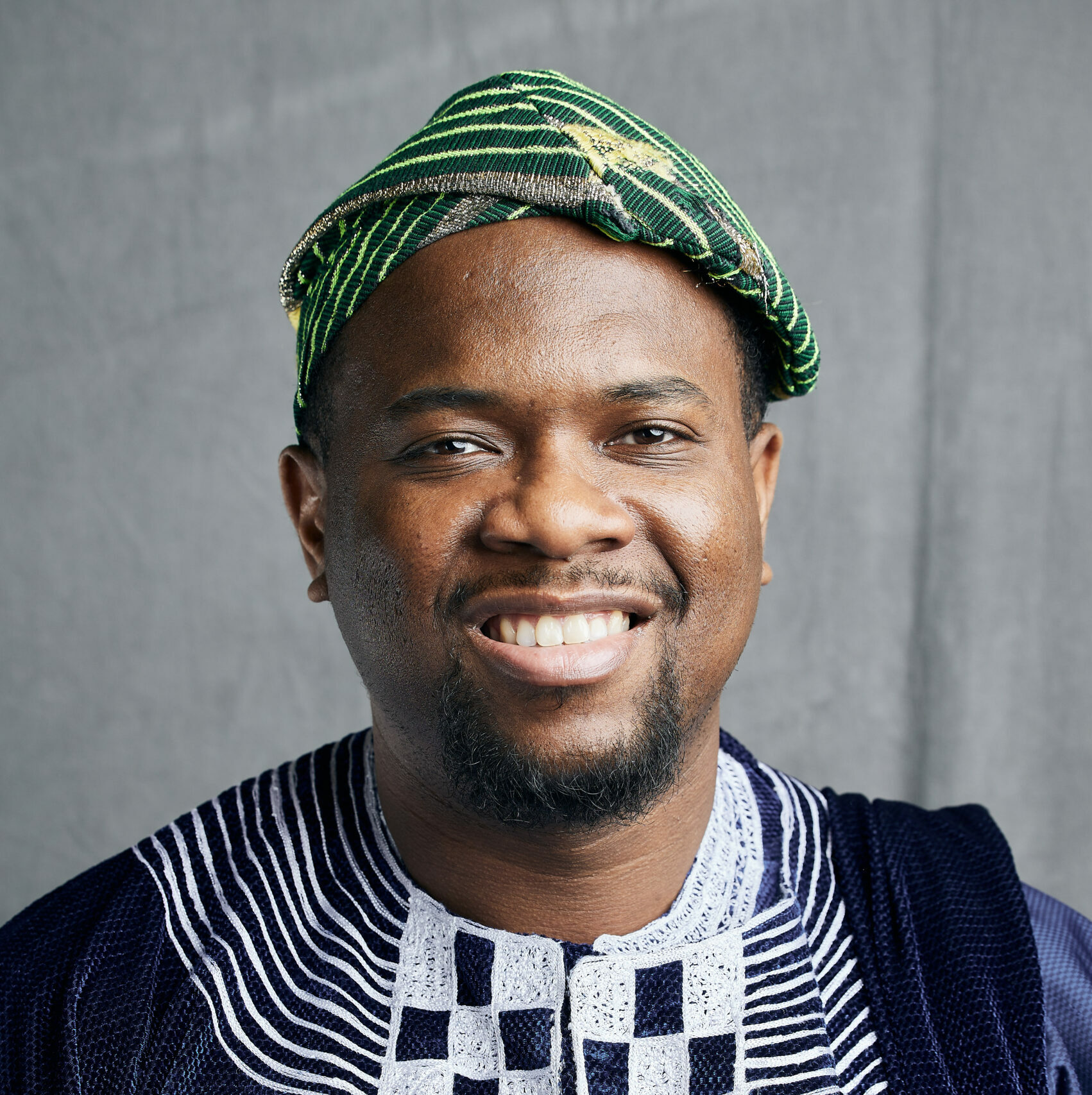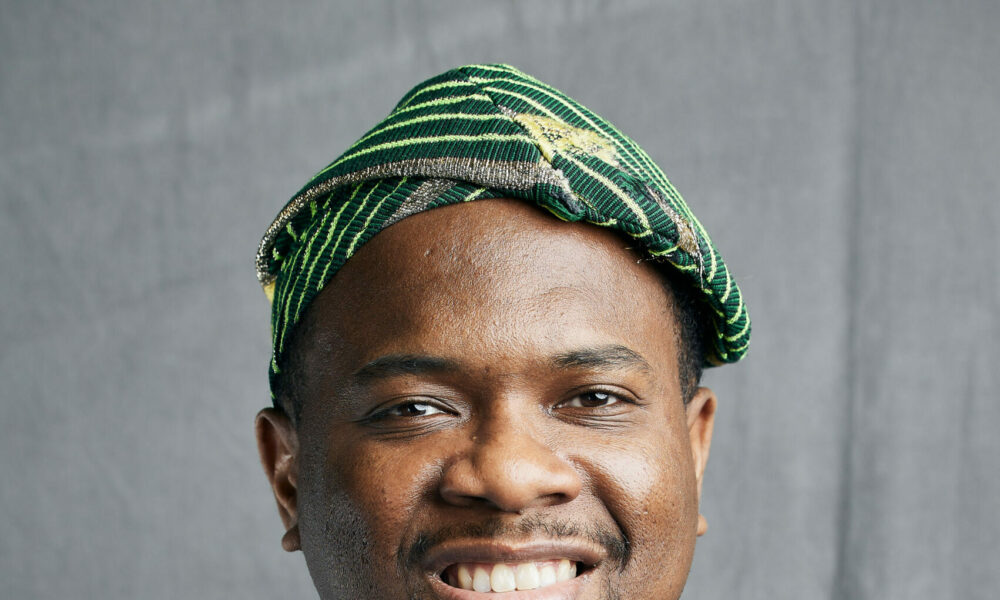
The United Nations Basic Meeting (UNGA) will maintain the upcoming United Nations Local weather Change Convention from November 4 to 22, 2024, in Baku, Azerbaijan. World leaders, negotiators, activists and stakeholders will come collectively to evaluate world progress on the Paris Settlement and develop a roadmap for a extra sustainable and resilient future. Key subjects mentioned will embrace local weather finance, adaptation methods and the customarily missed however very important concern of local weather justice, notably girls’s well being and interval poverty.
The world continues to be affected by the devastating results of local weather change, however the hyperlink between environmental degradation and girls’s well being is changing into more and more clear. Nonetheless, discussions across the influence of local weather change on menstrual well being and interval poverty stay inadequate. As we put together for COP 29, you will need to pay better consideration to this concern and advocate for menstrual well being to be included as a elementary dimension of local weather justice.
The missed disaster of interval poverty
Interval poverty, the dearth of entry to menstrual merchandise, hygiene training and sufficient sanitary merchandise, impacts an estimated 500 million girls and women worldwide. This quantity is prone to have elevated throughout the COVID-19 pandemic, disproportionately affecting weak teams, notably in low- and middle-income nations. For a lot of girls and women in rural areas, insufficient water, sanitation and hygiene amenities make it tough to keep up correct menstrual hygiene.
The implications of those conditions are severe. Inadequate menstrual hygiene can result in reproductive infections, and in some instances younger women are compelled to have intercourse in trade for menstrual merchandise, placing them at greater threat of sexually transmitted infections and sexual violence. The social stigma surrounding menstruation exacerbates these issues, typically resulting in additional exclusion and discrimination towards girls and women.
Regardless of rising consciousness of gender equality, menstrual well being stays uncared for in world local weather and growth insurance policies. It’s critical that sanitation and hygiene techniques are designed and carried out with menstrual well being in thoughts to deal with interval poverty, notably within the context of local weather change, which is exacerbating present inequalities.
Local weather change and interval poverty
The connection between local weather change and interval poverty is simple. Excessive climate occasions brought on by local weather change, akin to droughts, floods and hurricanes, can disrupt water provides, injury sanitation infrastructure and make it tougher for ladies and women to entry menstrual merchandise. In communities already fighting poverty, these disruptions make it tough for ladies and women to handle their intervals safely and with dignity.
Ladies and women in low- and middle-income nations are notably weak as they typically undergo the worst impacts of climate-related meals and water shortages, compelled migration and well being crises. They’re extra prone to reside in poverty and have much less entry to well being care, training and financial alternatives. The mixed impacts of local weather change and interval poverty underscore the pressing want for local weather coverage to prioritize girls’s experiences and handle the distinctive challenges they face.
Nigeria’s position in local weather management
In Nigeria, President tinubu ball Steps have been taken to strengthen the nation’s participation within the twenty-ninth session of the Convention of the Events. Local weather Accountability and Transparency Portalgoals to extend transparency in Nigeria’s local weather efforts and save the nation almost N10 billion within the course of. On the final local weather convention, the president pledged to cut back methane emissions from the oil and fuel business, together with addressing methane leaks from pure fuel pipelines. As COP29 approaches, Nigeria is positioning itself as a pacesetter in local weather resilience and sustainable growth, with a give attention to renewable power and lowering greenhouse fuel emissions.
Past methane and renewable power, Nigeria and different nations should additionally acknowledge the interconnectedness between local weather change and gender inequality. Tackling interval poverty and bettering menstrual well being infrastructure ought to be a part of wider nationwide local weather methods.
At COP29 in Baku, the world’s focus shall be on accelerating local weather motion, lowering emissions and constructing a extra sustainable future. On the similar time, we can’t ignore the voices of these most affected by local weather change, particularly girls and women who face interval poverty. It’s time to acknowledge menstrual well being as a local weather justice concern. By addressing the interlinkages between local weather change, interval poverty and gender inequality, COP 29 will make significant progress in direction of a extra inclusive and equitable future. Now’s the time to take motion.

